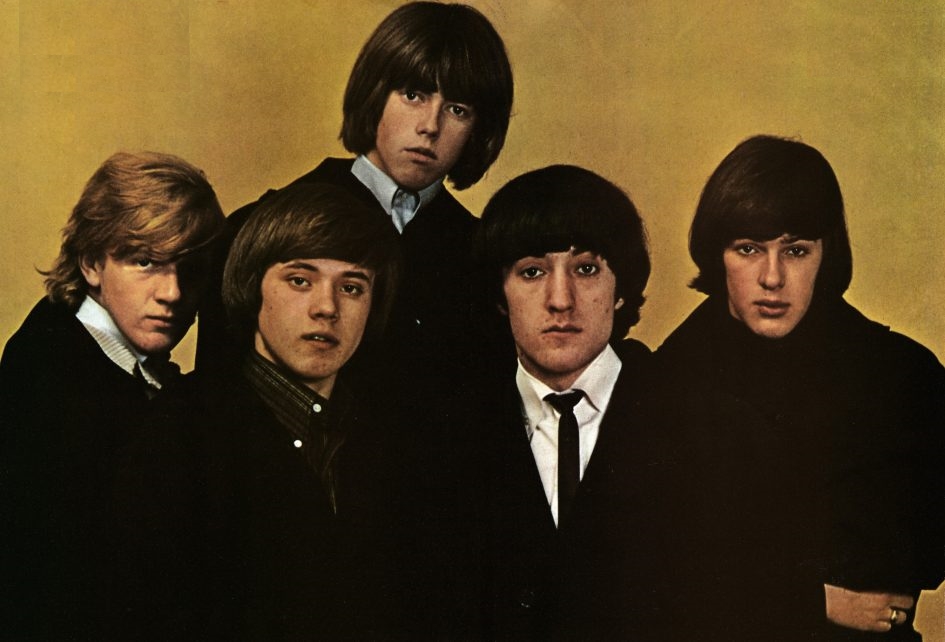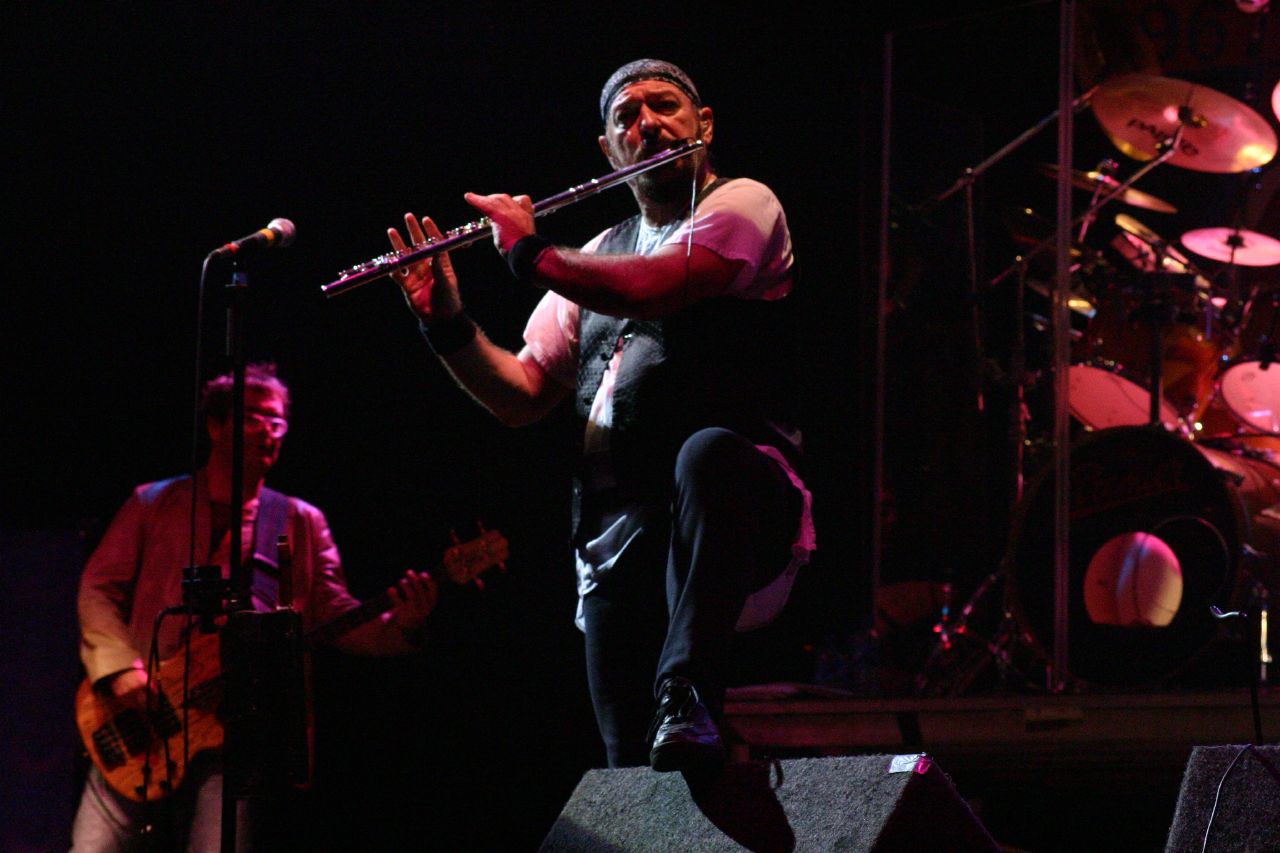|
Popular Music In Sweden
Swedish popular music, or shortly Swedish pop music, refers to music that has swept the Swedish mainstream at any given point in recent times. After World War II, Swedish pop music was heavily influenced by American jazz, and then by rock-and-roll from the U.S. and the U.K. in the 1950s and 1960s, before developing into dansband music. Since the 1970s, Swedish pop music has come to international prominence with bands singing in English, ranking high on the British, New Zealand, American, and Australian charts and making Sweden one of the world's top exporter of popular music by gross domestic product. History Post-war With the influx of American G.I.s into Europe in the 1940s, styles of American music seeded themselves into Swedish culture. Many Swedish ''dansorkestrar'' ("dance orchestras") played jitterbug, foxtrot, and swing music and other jazz-derived tunes for people to dance to. In the 1950s early rock and roll, as well as country music and German schlager also infused the ... [...More Info...] [...Related Items...] OR: [Wikipedia] [Google] [Baidu] |
World War II
World War II or the Second World War, often abbreviated as WWII or WW2, was a world war that lasted from 1939 to 1945. It involved the vast majority of the world's countries—including all of the great powers—forming two opposing military alliances: the Allies and the Axis powers. World War II was a total war that directly involved more than 100 million personnel from more than 30 countries. The major participants in the war threw their entire economic, industrial, and scientific capabilities behind the war effort, blurring the distinction between civilian and military resources. Aircraft played a major role in the conflict, enabling the strategic bombing of population centres and deploying the only two nuclear weapons ever used in war. World War II was by far the deadliest conflict in human history; it resulted in 70 to 85 million fatalities, mostly among civilians. Tens of millions died due to genocides (including the Holocaust), starvation, ma ... [...More Info...] [...Related Items...] OR: [Wikipedia] [Google] [Baidu] |
Progressive Rock
Progressive rock (shortened as prog rock or simply prog; sometimes conflated with art rock) is a broad genre of rock music that developed in the United Kingdom and United States through the mid- to late 1960s, peaking in the early 1970s. Initially termed "progressive pop", the style was an outgrowth of psychedelic bands who abandoned standard pop traditions in favour of instrumentation and compositional techniques more frequently associated with jazz, folk, or classical music. Additional elements contributed to its " progressive" label: lyrics were more poetic, technology was harnessed for new sounds, music approached the condition of "art", and the studio, rather than the stage, became the focus of musical activity, which often involved creating music for listening rather than dancing. Progressive rock is based on fusions of styles, approaches and genres, involving a continuous move between formalism and eclecticism. Due to its historical reception, the scope of progressiv ... [...More Info...] [...Related Items...] OR: [Wikipedia] [Google] [Baidu] |
Experimental Music
Experimental music is a general label for any music or music genre that pushes existing boundaries and genre definitions. Experimental compositional practice is defined broadly by exploratory sensibilities radically opposed to, and questioning of, institutionalized compositional, performing, and aesthetic conventions in music. Elements of experimental music include Indeterminacy in music, indeterminate music, in which the composer introduces the elements of chance or unpredictability with regard to either the composition or its performance. Artists may also approach a hybrid of disparate styles or incorporate unorthodox and unique elements. The practice became prominent in the mid-20th century, particularly in Europe and North America. John Cage was one of the earliest composers to use the term and one of experimental music's primary innovators, utilizing Indeterminacy (music), indeterminacy techniques and seeking unknown outcomes. In France, as early as 1953, Pierre Schaeffer had ... [...More Info...] [...Related Items...] OR: [Wikipedia] [Google] [Baidu] |
Improvisation
Improvisation is the activity of making or doing something not planned beforehand, using whatever can be found. Improvisation in the performing arts is a very spontaneous performance without specific or scripted preparation. The skills of improvisation can apply to many different faculties, across all artistic, scientific, physical, cognitive, academic, and non-academic disciplines; see Applied improvisation. Improvisation also exists outside the arts. Improvisation in engineering is to solve a problem with the tools and materials immediately at hand. Improvised weapons are often used by guerrillas, insurgents and criminals. Engineering Improvisation in engineering is to solve a problem with the tools and materials immediately at hand. Examples of such improvisation was the re-engineering of carbon dioxide scrubbers with the materials on hand during the Apollo 13 space mission, or the use of a knife in place of a screwdriver to turn a screw. Engineering improvisations ... [...More Info...] [...Related Items...] OR: [Wikipedia] [Google] [Baidu] |
Folk Music
Folk music is a music genre that includes traditional folk music and the contemporary genre that evolved from the former during the 20th-century folk revival. Some types of folk music may be called world music. Traditional folk music has been defined in several ways: as music transmitted orally, music with unknown composers, music that is played on traditional instruments, music about cultural or national identity, music that changes between generations (folk process), music associated with a people's folklore, or music performed by custom over a long period of time. It has been contrasted with commercial and classical styles. The term originated in the 19th century, but folk music extends beyond that. Starting in the mid-20th century, a new form of popular folk music evolved from traditional folk music. This process and period is called the (second) folk revival and reached a zenith in the 1960s. This form of music is sometimes called contemporary folk music or folk rev ... [...More Info...] [...Related Items...] OR: [Wikipedia] [Google] [Baidu] |
The Byrds
The Byrds () were an American rock band formed in Los Angeles, California, in 1964. The band underwent multiple lineup changes throughout its existence, with frontman Roger McGuinn (known as Jim McGuinn until mid-1967) remaining the sole consistent member. Although their time as one of the most popular groups in the world only lasted for a short period in the mid-1960s, the Byrds are today considered by critics to be among the most influential rock acts of their era. Their signature blend of clear harmony singing and McGuinn's jangly 12-string Rickenbacker guitar was "absorbed into the vocabulary of rock" and has continued to be influential. Initially, the Byrds pioneered the musical genre of folk rock as a popular format in 1965, by melding the influence of the Beatles and other British Invasion bands with contemporary and traditional folk music on their first and second albums, and the hit singles " Mr. Tambourine Man" and "Turn! Turn! Turn!". As the 1960s progressed, ... [...More Info...] [...Related Items...] OR: [Wikipedia] [Google] [Baidu] |
Paul Butterfield
Paul Vaughn Butterfield (December 17, 1942May 4, 1987) was an American blues harmonica player, singer and band leader. After early training as a classical flautist, he developed an interest in blues harmonica. He explored the blues scene in his native Chicago, where he met Muddy Waters and other blues greats, who provided encouragement and opportunities for him to join in jam sessions. He soon began performing with fellow blues enthusiasts Nick Gravenites and Elvin Bishop. In 1963, he formed the Paul Butterfield Blues Band, which recorded several successful albums and was popular on the late-1960s concert and festival circuit, with performances at the Fillmore West, in San Francisco; the Fillmore East, in New York City; the Monterey Pop Festival; and Woodstock. The band was known for combining electric Chicago blues with a rock urgency and for their pioneering jazz fusion performances and recordings. After the breakup of the group in 1971, Butterfield continued to tour and record ... [...More Info...] [...Related Items...] OR: [Wikipedia] [Google] [Baidu] |
Grand Funk Railroad
Grand Funk Railroad (often shortened to Grand Funk) is an American rock band formed in 1968 in Flint, Michigan, by Mark Farner (vocals, guitar), Don Brewer (drums, vocals), and Mel Schacher (bass). The band achieved peak popularity and success during the 1970s with the songs such as "We're an American Band", "I'm Your Captain (Closer to Home)", " Some Kind of Wonderful", "The Loco-Motion" and " Inside Looking Out" (cover of the Animals). Known for their crowd-pleasing arena rock style, the band toured extensively and played to packed arenas worldwide, and was well-regarded by audiences despite a relative lack of critical praise. The band's name is a play on words of the Grand Trunk Western Railroad, a line that runs through the band's hometown of Flint, Michigan. History Formation (1968) Grand Funk Railroad was formed as a trio in 1968 by Mark Farner and Don Brewer from Terry Knight and the Pack, and Mel Schacher from Question Mark & the Mysterians. Knight soon became t ... [...More Info...] [...Related Items...] OR: [Wikipedia] [Google] [Baidu] |
Mountain (band)
Mountain was an American hard rock band formed in Long Island, New York, in 1969. Originally comprising vocalist and guitarist Leslie West, bassist and vocalist Felix Pappalardi, keyboardist Steve Knight, and drummer N. D. Smart (soon replaced by Corky Laing), the band broke up in 1972, but reunited on several occasions prior to West's death in 2020. Best known for their cowbell-tinged song "Mississippi Queen", as well as the heavily sampled song "Long Red" and their performance at the Woodstock Festival in 1969, Mountain is one of many bands to be commonly credited as having influenced the development of heavy metal music in the 1970s. The group's musical style primarily consisted of hard rock, blues rock, and heavy metal. History 1969–1972 In early 1969 Leslie West, formerly of the Long Island R&B band The Vagrants, put together a band, Leslie West Mountain, with Norman Landsberg (keyboards, bass) and Ken Janick (drums) and began playing gigs and recording demos. Right aro ... [...More Info...] [...Related Items...] OR: [Wikipedia] [Google] [Baidu] |
Pentangle (band)
Pentangle are a British folk band, formed in London in 1967. The original band was active in the late 1960s and early 1970s, and a later version has been active since the early 1980s. The original line-up, which was unchanged throughout the band's first incarnation (1967–1973), was Jacqui McShee (vocals); John Renbourn (vocals and guitar); Bert Jansch (vocals and guitar); Danny Thompson (double bass); and Terry Cox (drums). The name ''Pentangle'' was chosen to represent the five members of the band, and is also the device on Sir Gawain's shield in the Middle English poem ''Sir Gawain and the Green Knight'', which held a fascination for Renbourn. In 2007, the original members of the band were reunited to receive a Lifetime Achievement award at the BBC Radio 2 Folk Awards and to record a short concert that was broadcast on BBC radio. The following June, all five original members embarked on a twelve-date UK tour. History Formation The original group formed in 1967. Renbourn an ... [...More Info...] [...Related Items...] OR: [Wikipedia] [Google] [Baidu] |
Jethro Tull (band)
Jethro Tull are a British rock band formed in Blackpool, England, in 1967. Initially playing blues rock and jazz fusion, the band soon incorporated elements of English folk, hard rock, and classical music, forging a signature progressive rock sound. The group’s bandleader, founder, primary composer, and only constant member is Ian Anderson, a multi-instrumentalist who mainly plays flute and acoustic guitar, and is also the lead vocalist. The group has featured a revolving door of musicians throughout the decades, including significant contributors such as electric guitarist Martin Barre (the longest serving member besides Anderson), keyboardists John Evan, Dee Palmer, Peter-John Vettese, and Andrew Giddings, drummers Clive Bunker, Barrie "Barriemore" Barlow, and Doane Perry, and bassists Glenn Cornick, Jeffrey Hammond, John Glascock, Dave Pegg, and Jonathan Noyce. After achieving moderate recognition performing in the London club scene, the band released their debut album ... [...More Info...] [...Related Items...] OR: [Wikipedia] [Google] [Baidu] |
Sly And The Family Stone
Sly and the Family Stone was an American band from San Francisco. Active from 1966 to 1983, it was pivotal in the development of funk, soul, rock, and psychedelic music. Its core line-up was led by singer-songwriter, record producer, and multi-instrumentalist Sly Stone, and included Stone's brother and singer/guitarist Freddie Stone, sister and singer/keyboardist Rose Stone, trumpeter Cynthia Robinson, drummer Greg Errico, saxophonist Jerry Martini, and bassist Larry Graham. It was the first major American rock group to have a racially integrated, male and female lineup. Formed in 1966, the group's music synthesized a variety of disparate musical genres to help pioneer the emerging "psychedelic soul" sound. They released a series of Top 10 ''Billboard'' Hot 100 hits such as " Dance to the Music" (1968), "Everyday People" (1968), and "Thank You (Falettinme Be Mice Elf Agin)" (1969), as well as critically acclaimed albums such as ''Stand!'' (1969), which combined pop sensibility ... [...More Info...] [...Related Items...] OR: [Wikipedia] [Google] [Baidu] |







